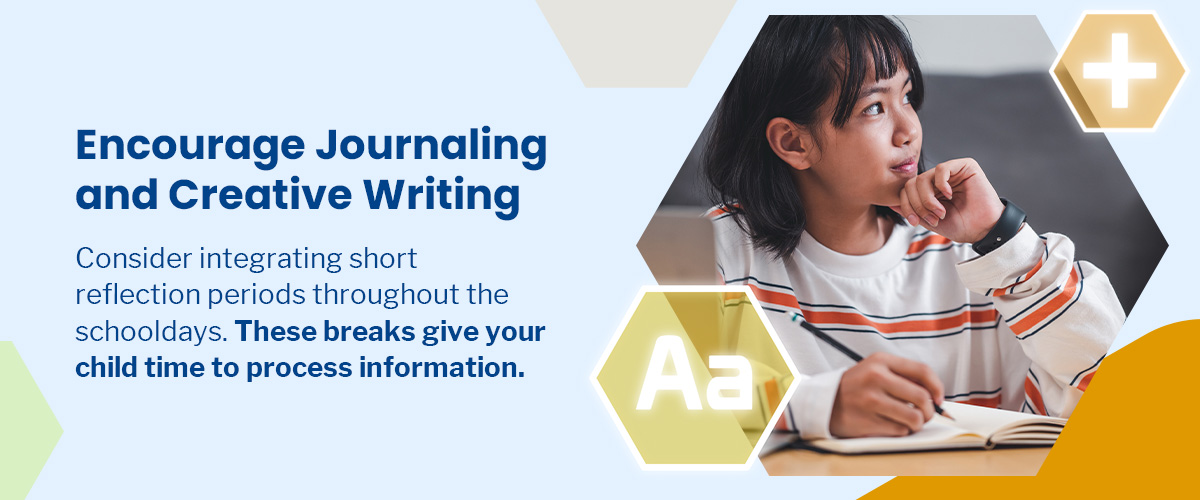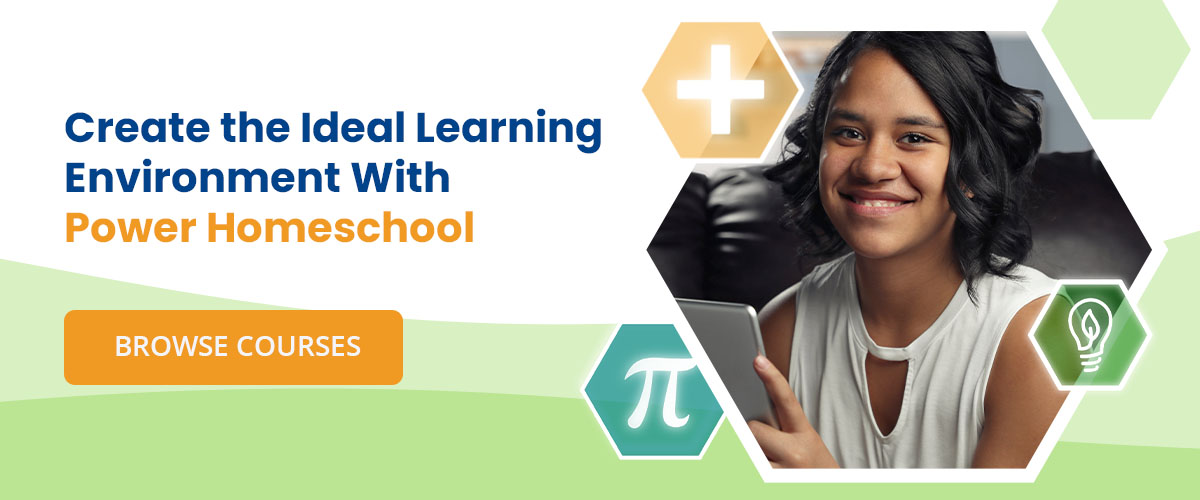Homeschooling is becoming increasingly popular among families nationwide, as parents gravitate toward flexible scheduling and personalized academic choices for their children. Homeschooling can be a fulfilling form of family bonding, but it places more responsibility on your shoulders. However, for intrapersonal learning, this responsibility can be well worth it.
Knowing your child’s learning style is critical to delivering a personalized education that sets them up for the rest of their lives. If your child is an interpersonal learner, homeschooling can benefit their mental health in several ways. You can compound these advantages by tailoring their education to their strengths.
Understanding the Intrapersonal Learning Style
Intrapersonal or solitary learners are self-motivated and enjoy independent study. They are introspective and have a strong drive for self-improvement. These learners are the polar opposite of students who enjoy collaboration and robust discussion. They often appear shy and aloof. However, they tend toward perfectionism and may have an inner critic.
These goal-oriented students prefer to process their work internally before discussing their reflections with others. Many intrapersonal learners enjoy journaling to reflect on events and understand their role in the outcome.
Some common characteristics of the solitary learning style include:
- They prefer confiding in a diary instead of discussing their emotions with other people.
- They often enjoy reading and writing assignments.
- They are more focused on themselves than others.
- They prefer to think through topics before discussing them.
- They enjoy spending time alone and may find crowds or noisy rooms challenging.
- They like to set goals and make detailed plans to achieve them.
- They understand and appreciate their strengths and weaknesses.
- They are highly independent and have excellent self-management skills.
- They may be introverted and shy.
How Do Intrapersonal Learners Learn Best?
Intrapersonal learners thrive when they have ample space and silence to work alone. They may find it challenging to ask for help, preferring to figure things out themselves. Having other people intrude on their thoughts can be frustrating and distracting.
These students like to set personalized goals and work through thoughts and concepts internally. Since they tend toward perfectionism and often lack confidence, a learning environment that allows them to build self-esteem can be highly beneficial. They also do well when surrounded with ample information, as they gravitate toward books and other solitary learning activities.
Recognizing Intrapersonal Learning Strengths and Weaknesses
Like all learning styles, intrapersonal learners have innate strong suits and challenges. The secret to setting your child up for success involves acknowledging and encouraging these. Though each child is unique, some typical intrapersonal learner strengths include:
- They understand their talents and limitations.
- They are keen self-motivators and work independently without the need for constant monitoring.
- They have strong analytical and reflective skills.
- They are highly driven and goal-oriented.
These strengths provide distinct advantages in today’s learning environment. However, intrapersonal students must also contend with the following challenges:
- Group activities and social interactions can be difficult for them.
- They prefer to move at a comfortable pace and often derive minimal benefits from collaboration and idea sharing.
- They function best in a distraction-free environment, which can be rare in a traditional classroom.
- Their tendency toward self-reflection and perfectionism can result in shyness and low confidence.
Effective Learning Strategies for Intrapersonal Learners
Do you have an intrapersonal learner at home? You can customize your homeschooling experience for the best possible outcomes. Over time, their belief in themselves can grow as they experience small successes in their learning. Here are some strategies to help your interpersonal learner reach new heights.
Leverage Goal-Setting and Self-Assessments
Intrapersonal learners have a natural affinity for planning, organization and assessing their progress. To motivate them, align your child’s goals with their interests and skills, using lists to keep them focused as they check off completed tasks. If they find a specific class or subject challenging, gather supplemental materials and make objectives to review these independently.
Work with your child to create short- and long-term goals. You can also try setting realistic targets for them to improve their social skills, such as engaging with friends or collaborating on projects.
Encourage Journaling and Creative Writing
As intrapersonal learners have an innate ability to self-reflect, they enjoy having time to summarize their thoughts and feelings. These students often benefit from writing private journal or blog entries where they can pour out their ideas. Encourage your child to maintain a diary and suggest creative writing courses. These activities allow your child to actively work through concepts before discussing them.

Consider integrating short reflection periods throughout the schooldays. These breaks give your child time to process information. They can even jot down a few notes and impressions from their classes. Wherever possible, create parallels between your child’s coursework and their life. Suggest that they journal about these similarities to help them retain and understand the information.
Creating a Supportive Learning Environment for Intrapersonal Learning
Homeschooling can be exceptionally valuable for intrapersonal learners. The structure already suits their preferences for being in quiet, independent settings. Still, you can always do more to create the ideal environment for your child.
Design a Quiet Study Space
Invite your child to help you set up a secluded study area where they can escape distractions and focus on work. Look for independent projects to expand upon their lessons, rather than online groups or busy field trips.
Despite their predisposition for self-sufficiency, it’s natural for you to want to check how your child is progressing. Display a planner or list of goals prominently in the study space. Return to it often so you can discuss accomplishments and tackle challenges.
Use Technology and Online Resources
Lecture-style instruction is excellent for students who prefer to work through new concepts without help. It gives them plenty of time to adjust to new course material independently without the added pressure of group discussion.
Video-based instruction is ideal for intrapersonal learners. They can progress through their courses at their preferred pace, pausing, rewinding and replaying as many times as necessary. High-quality videos also allow you to let your child work without the distraction of your input.
Create the Ideal Learning Environment With Power Homeschool
Nobody knows your child better than you do. One of the best things about homeschooling is that you can embrace and support your child’s unique learning style. Power Homeschool’s robust platform gives your child all the tools they need to succeed through grades K-12. As the official provider of hundreds of high-quality Acellus® courses, we help you align your child’s curriculum with their needs.
We believe in empowering parents with the latest educational technology and resources to set you and your child up for success. If you’re considering homeschooling for your child, browse our various courses and find the perfect fit today!



